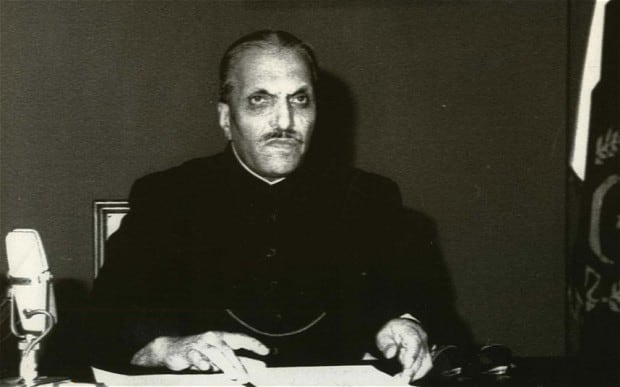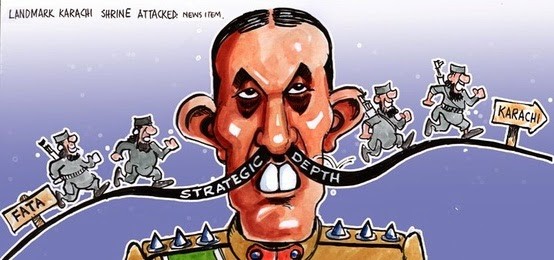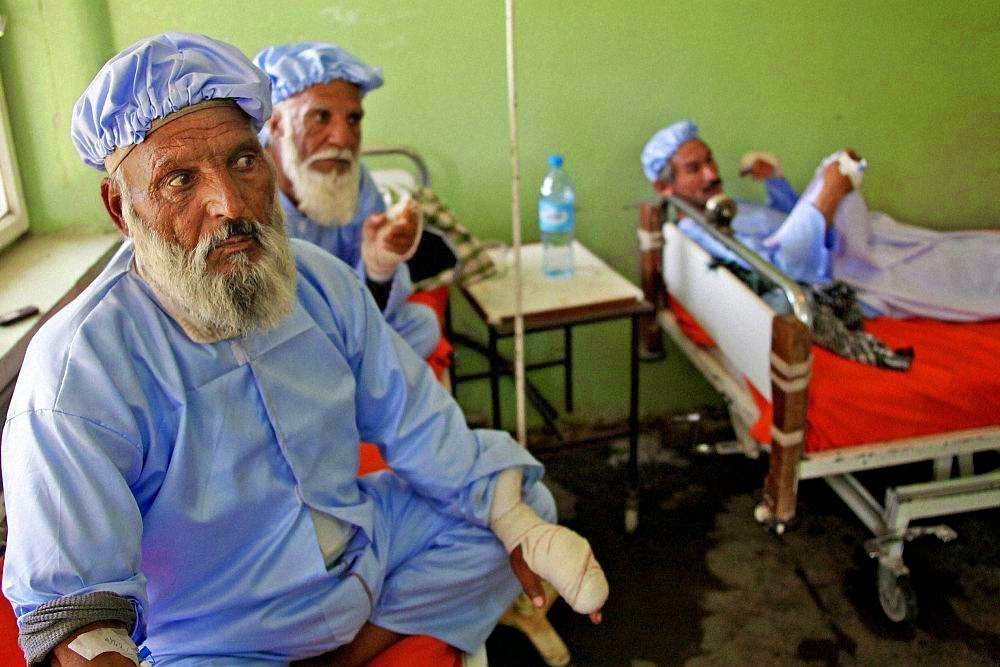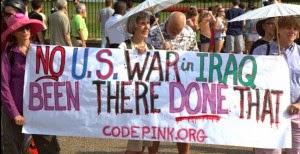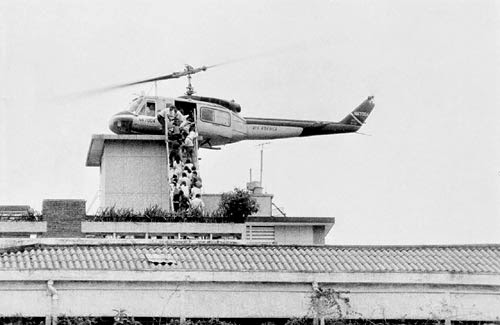The
Indian foreign ministry said the situation in Iraq was receiving “high
priority” but ruled out any immediate emergency evacuation of its
nationals.
Why is that? With 18,000 Indians in Iraq and countless lives in danger, why is emergency evacuation not a consideration? Also, considering that the Kerala nurses are mostly Syrian Christians, this will attract not a molecule of mercy from the Islamists.
Also, Fuck Code Pink. Yes we really mean that (Omar help!!!)
India is served by one of the most powerful voluntary military forces in the world (yes we know that there are women troopers as well but probably not authorized for combat). She has the latest fighter planes, a million strong army (1.129 mil active troops, 0.96 mil reserve troops- ref. Wiki) and an aircraft carrier.
The last time the Indian Army launched a (defensive) war was 15 years ago in June-July 1999 in Kargil. A brief description follows (ref. Wiki):
…….
Once the scale of the Pakistani incursion was realised, the Indian Army quickly mobilised about 200,000 troops and Operation Vijay was launched. However, since the heights were under Pakistani control, India was in a clear strategic disadvantage.
From their observation posts, the Pakistani forces had a clear line-of-sight to lay down indirect artillery fire on NH 1A, inflicting heavy casualties on the Indians. This was a serious problem for the Indian Army as the highway was its main logistical and supply route.
Thus, the Indian Army’s first priority was to recapture peaks that were
in the immediate vicinity of NH1a. This resulted in Indian troops first
targeting the Tiger Hill and Tololing complex in Dras.
This was soon followed by more attacks on the Batalik-Turtok sub-sector
which provided access to Siachen Glacier. Point 4590, which had the
nearest view of the NH1a, was successfully recaptured by Indian forces
on 14 June.
…
Though most of the posts in the vicinity of the highway were cleared
by mid-June, some parts of the highway near Drass witnessed sporadic
shelling until the end of the war. Once NH1a area was cleared, the
Indian Army turned to driving the invading force back across the Line of
Control. The Battle of Tololing,
among other assaults, slowly tilted the combat in India’s favour.
Nevertheless, some of the posts put up a stiff resistance, including
Tiger Hill (Point 5140) that fell only later in the war.
As the
operation was fully underway, about 250 artillery guns were brought in
to clear the infiltrators in the posts that were in the line-of-sight.
In many vital points, neither artillery nor air power could dislodge
the outposts manned by the Pakistan soldiers, who were out of visible
range. The Indian Army mounted some direct frontal ground assaults which
were slow and took a heavy toll given the steep ascent that had to be
made on peaks as high as 18,000 feet (5,500 m). Two months into the
conflict, Indian troops had slowly retaken most of the ridges they had
lost;
according to official count, an estimated 75%–80% of the intruded area
and nearly all high ground was back under Indian control.
Following the Washington accord on 4 July, where Sharif agreed to
withdraw Pakistani troops, most of the fighting came to a gradual halt,
but some Pakistani forces remained in positions on the Indian side of
the LOC. In addition, the United Jihad Council (an umbrella for all extremist groups) rejected Pakistan’s plan for a climb-down, instead deciding to fight on.
The Indian Army launched its final attacks in the last week of July; as
soon as the Drass subsector had been cleared of Pakistani forces, the
fighting ceased on 26 July. The day has since been marked as Kargil Vijay Diwas
(Kargil Victory Day) in India.
By the end of the war, India had resumed
control of all territory south and east of the Line of Control, as was
established in July 1972 per the Shimla Accord. By the time all
hostilities had ended, the number of Indian soldiers killed during the
conflict stood at 527, while more than 700 regular members of the Pakistani Army were killed. The number of Islamist fighters, also known as Mujahideen, killed by Indian Armed Forces during the conflict stood at about 3,000.
……
A credible job by all means, mobilizing 20% of all your forces, and fighting up-hill at elevations of 18000 ft. against one of the most professional armies in the world.
Right now, we have 46 nurses from Kerala who are stranded in Tikrit, Iraq (40 other Indians have been reportedly kidnapped by the mad islamists). The re-imbursement from foreign shores keeps the Indian economy moving. Now is the time to show our gratitude and send in the troops and escort the terrified girls home (before they get kidnapped and sold off as slaves). A nation will be grateful (and cynically speaking, an un-Indian territory may well be converted to the Indian cause).
…….
The 46
Indian nurses in a hospital in the strife-torn Iraqi town of Tikrit
have sent an SOS to Prime Minister Narendra Modi to ensure their safe
return to India. One of the nurses told TOI over telephone that they
were living in perpetual fear as ISIS rebels have been roaming the
streets outside.
“This is a horrible,” said Jency James who
hails from Idukki district of Kerala. “We have been stuck for days
inside the hospital. The internet connection has snapped due to heavy
shelling. We don’t know when the telephone and mobile connections will
go off.” The nurses appealed to Prime Minister Narendra Modi to ensure
that they safely return home.
Diplomats, meanwhile, said the
nurses are safe, though they may be stranded. The panic stricken nurses
are reaching out to friends and families seeking help, but they cannot
be moved out of the hospital as armed militia men were occupying the
roads leading to the airport, said diplomats. According to the embassy,
more than 18,000 Indians work in Iraq oil rigs and hospitals as doctors and nurses
Former Indian ambassador to Iraq and India’s first ambassador to ASEAN
Suresh Reddy reached the Iraqi capital of Baghdad on Wednesday to
initiate talks with the Iraqi leadership and the rebels who have held 40
Indians captive. The Indian mission is also trying to bring home more
Indians who are stranded in the strife-torn country.
Diplomatic
efforts are on also to evacuate 12 Indian workers employed by a UAE
company in Iraq. Indian ambassador to the UAE TP Seetharam told TOI over
telephone from Abu Dhabi on Wednesday that the workers were deployed in
Iraq at constructions sites. Meanwhile, the 46 Indian nurses stranded
in a Tikrit teaching hospital were safe, Indian officials said.
“We are coordinating with the ministry of external affairs in New Delhi
and our embassy in Baghdad to ensure the safety of Indians living in
Iraq. We were approached by a leading company in the UAE who are working
on some projects seeking diplomatic help to repatriate 12 Indian
workers stranded in the strife-torn area,” Seetharam said. The contact
details of the 12 stranded workers have been handed over to the Indian
embassy in Baghdad.
……
…..
Link: http://timesofindia.indiatimes.com/india/Our-lives-in-danger-Indian-nurses-in-Iraq-hospital-send-SOS-to-PM/articleshow/36762136.cms
…..
regards
